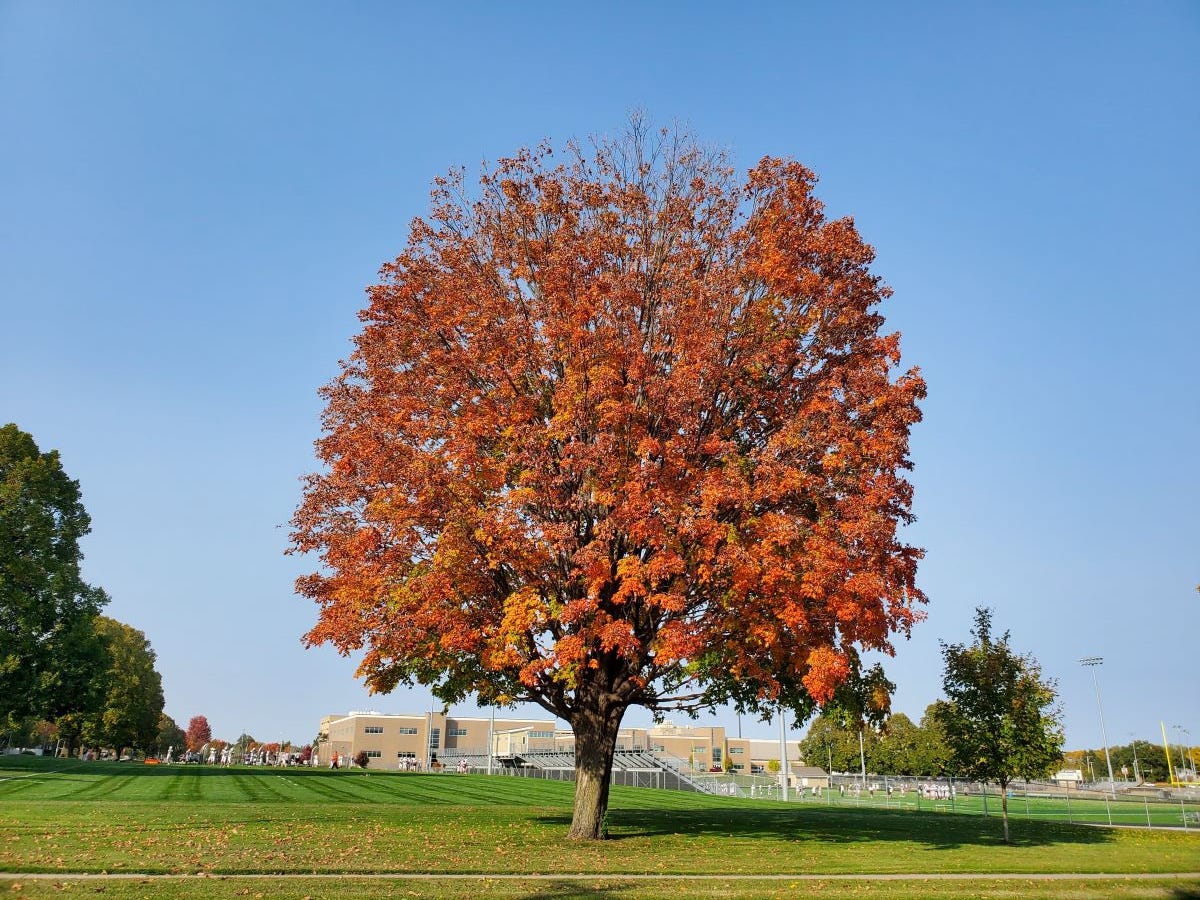A crisis of intentionality
On Generation P, ethnic identities, and why we ought to pay more attention to the need for intentionality
In some influential circles, the tenor of the moment is a dour one: The Surgeon General warns of an "epidemic of loneliness", while college counseling departments fret that "Gen P[andemic]" students are struggling in dramatic new ways. The term "deaths of despair" (those ultimately attributable to emotional pain over economic hardship) has gone mainstream.
■ Without downplaying some of the very real sociological factors undoubtedly involved in at least some cases, perhaps we need to acknowledge another effect that is more personal and almost entirely uncoupled to economic circumstances: The crisis of intentionality.
■ At times in the past, with identities like religion and ethnicity tending to play a larger role in the average person's life than today, it may have been easier for many people to adopt an external framework for some of the bigger questions of "Why?". One becomes a farmer because that was the occupation handed down by one's father. One becomes a church elder because that is what everyone in the family has done. One prepares a certain meal every New Year because that is what was done in the motherland.
■ Individuality has liberated lots of people from oppressive traditions, and prosperity has brought countless new choices into being. But some people naturally find choices overwhelming, and most people probably struggle from time to time with the overload of choices available at every turn.
■ Automation has crept in almost everywhere imaginable to help people tune out and make decisions as if on autopilot: Prepared or planned meals arrive on the doorstep. Netflix assumes you want to keep watching from one TV episode to the next. An app promises to guide you to sleep. Your watch may even tell you when to breathe.
■ Missing from all of this is intentionality: Making a conscious, deliberate choice about some manner of taking a next step or regulating one's own behavior. Some philosophers would even say it's the essence of human existence to critically examine nearly every significant thought.
■ It's hard to imagine how to introduce either the theory or the practice of intentionality in any kind of structured or institutionalized fashion. Could a middle-school teacher somehow compel a classroom of students to value making choices as a self-evident good in its own right? Hardly. But once one begins to recognize the many cases where people of all social and economic backgrounds surrender their choices to the many various (and increasingly numerous) incarnations of autopilot available in the modern world, it's hard to look the other way.



